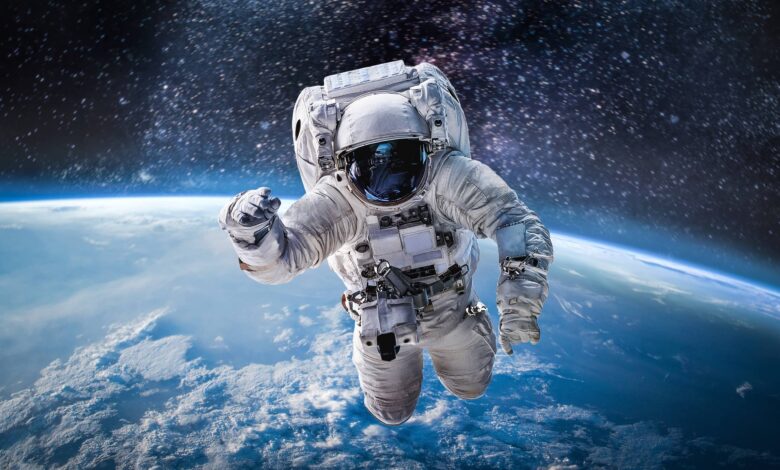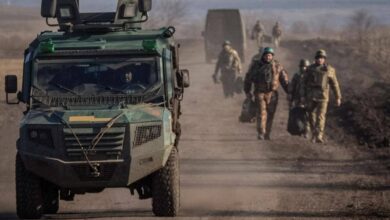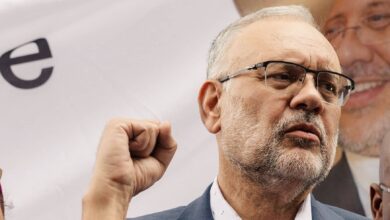
As 15 states and a US territory gear up for the pivotal Super Tuesday contests next year, astronauts aboard the International Space Station will potentially have the unique opportunity to participate in the primaries from their orbital outpost 250 miles above our planet.
Accustomed to missions lasting half a year or more, space travelers risk finding themselves in orbit during important electoral cycles here on Earth.
But thanks to foresight from NASA, they need not feel disconnected from the democratic process. Since the late 90s, procedures have ensured our intrepid explorers don’t lose touch with their right to have a say, even when homes are hundreds of miles above us.
It was in 1997 that Texas Governor George W. Bush approved a bill allowing astronauts to vote early. This paved the way for American David Wolf to make history as the first to cast a ballot from space aboard the decommissioned Mir station. His pioneering vote showed our commitment to inclusion goes beyond Earthly boundaries.
Kate Rubins has since followed in Wolf’s footsteps, voting not just once but twice from the confines of the ISS. NASA rightly recognizes that while the view up there differs, the right to political participation remains the same. As the space race advances and durations in orbit lengthen, such measures take on enhanced relevance.
For now, the four currently aboard the station may have an opportunity to take part in choosing candidates with their fellow citizens, albeit from their bird’s eye vantage point 250 miles overhead. Only time will tell if democracy will soar to new heights come Super Tuesday 2024.



